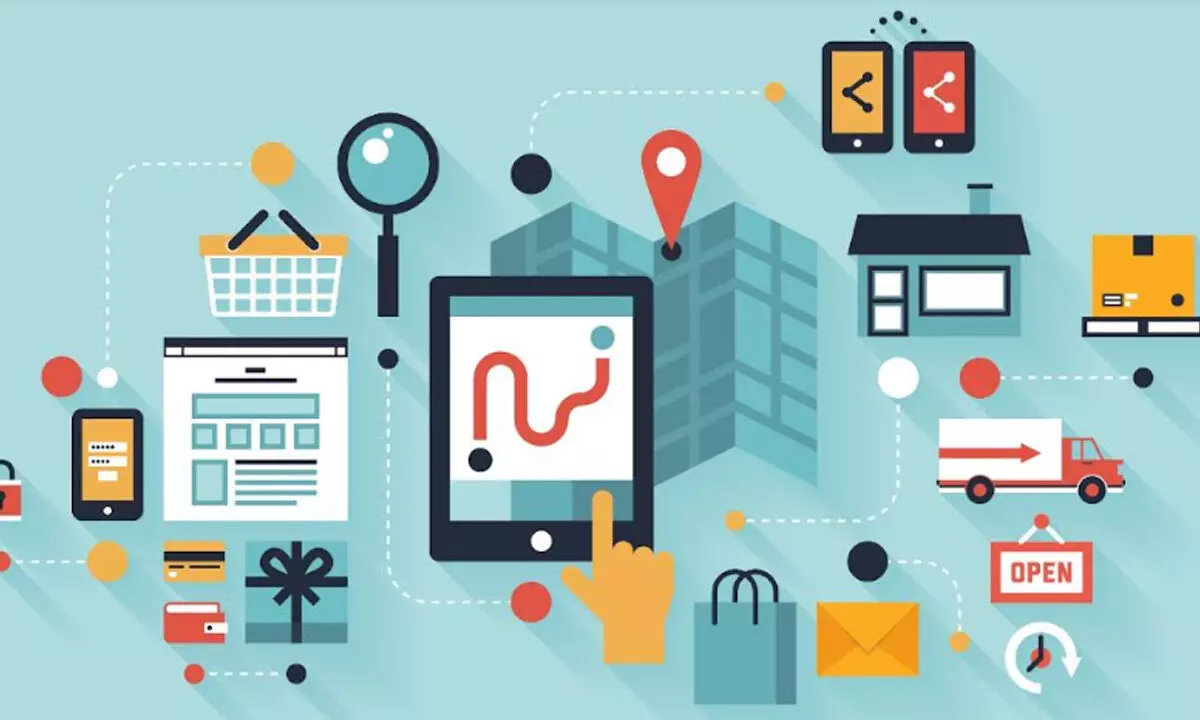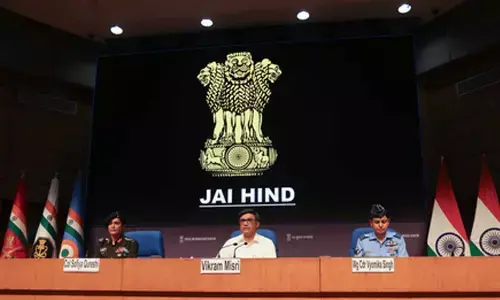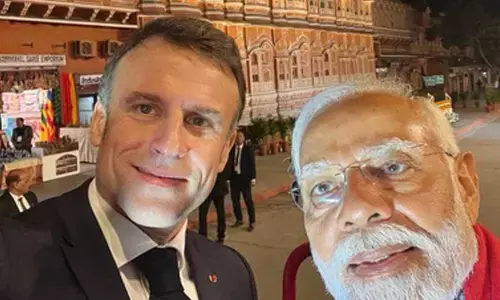Seamless Omnichannel Experiences to Build a Truly ‘Phygital Bharat’

Divya Vanshika, Head of Operations, Philip Morris International, Inc (PMI)’s India affiliate, IPM India Wholesale Trading Pvt Ltd (IPM India)
Today, as Indian consumers successfully balance and integrate their online and offline interactions, it is difficult to imagine a world without omnichannel experiences. While online shopping continues to grow annually with increasing technology adoption, there remains a consistent preference for in-person shopping, particularly for premium and luxury brands. It is thus a crucial time for operations leaders to take stock of imminent shifts in supply chain mechanisms and prepare for a digital future that makes the most of the ‘phygital’ transformation that businesses are facing today.
The concept of phygital is based on a few key pillars: seamless experience, speed, convenience, and personalization. Omnichannel presence can address all these aspects by providing a unified brand experience to consumers.
However, projections from a report from Deloitte India titled the ‘Future of Retail’ suggests that Indian households would earn over INR 1 million per annum by 2030, along with an addition of 110 million households to the middle class, positioning India as the world’s third-largest consumer market. This massive expansion provides lucrative opportunities to retail players, especially those targeting the fast-emerging tier II and III markets, making it essential for businesses to meet customers where they are and offer convenience throughout the shopping experience, both on digital and brick & mortar formats.
Key Strategies for Omnichannel Operations
According to the India Phygital Index 2023, only a select few established retailers have successfully delivered unified and consistent omnichannel experiences. More than half of omnichannel brands have online sales accounting for less than 30% of their total sales, while growing offline remains a focus with as much as 70% of surveyed brands with over 1000 touchpoints emphasizing growth through multi-brand outlets.
With a robust internet infrastructure in India enabling far reaching access across markets, companies must dive deep to integrate online marketplaces with physical stores seamlessly. This can entail setting up in-store kiosks, implementing efficient click-and-collect options, creating multiple delivery options, backed by a real-time inventory visibility across channels. It also requires them to consider the following:
Approach to Innovation
Omnichannel strategies in operations for the immediate future must aim for seamless integration of multiple shopping channels. Since the modern shopping journey is far from linear, with consumers encountering brands through diverse channels such as social media ads, product reviews, and word of mouth, technology will play a critical role in streamlining the journey. It’s not surprising that all eyes are on the government’s open network for digital commerce (ONDC), expected to democratize e-commerce in the country. The network will provide services such as logistics and enhanced analytics, allowing even ‘kirana’ stores to blend physical and digital to optimize operations. Then again, with operations ecosystems adopting advanced technologies like Artificial Intelligence (AI), Machine Learning (ML), and Big Data Analytics, small businesses will be able to adapt, manage supply chains, and engage customers efficiently, fostering success in retail's ever-evolving dynamic landscape.
Overcoming challenges of infrastructure
A paper from leading think tank, Observer Research Foundation showed that the retail sector incurred massive losses to the tune of USD 75 billion when last-mile connectivity was severely disrupted due to COVID-19, compelling many to shut their businesses. Technology with mass reach, such as social media, can play a role in bridging this gap, especially in the rapidly urbanizing tier II and III cities. New-age services like ‘dropshipping’ have also been instrumental in alleviating logistics pain points. The government’s push for infrastructure development through inland waterways and better roadways has further facilitated ease of doing business and reduced turnaround time between channel partners. The launch of PM Gati Shakti, or the National Master Plan for Multi-modal Connectivity, in October 2021, signifies a concerted effort to accelerate growth, aligning with India's ambitious development plans for 2047.
Holistic Human Resource Planning
Indian retail is likely to remain bullish – Deloitte forecasts an anticipated growth to USD 325 billion by 2030. Strategies must focus on hiring technically adept individuals who understand and can master the new technology & AI frameworks to improve productivity across the ecosystem. With multiple touchpoints, Intra-business stakeholder engagement as opposed to siloed functional specialization , is also going to be a key factor to improve efficiency.
Going phygital can help brands gain discoverability among online audiences, establish direct engagement with customers and enable a seamless omni-experience. With a strong operations backbone brands can earn long term loyalty and advocacy. However, instead of trying to do everything at once, CXOs must focus on an incremental step-change approach to build the right capabilities and organizational strength. Adopting such an approach can not only deliver meaningful results but make their organizations omnichannel-ready and embrace the opportunities to redefine the future of retail in India.














